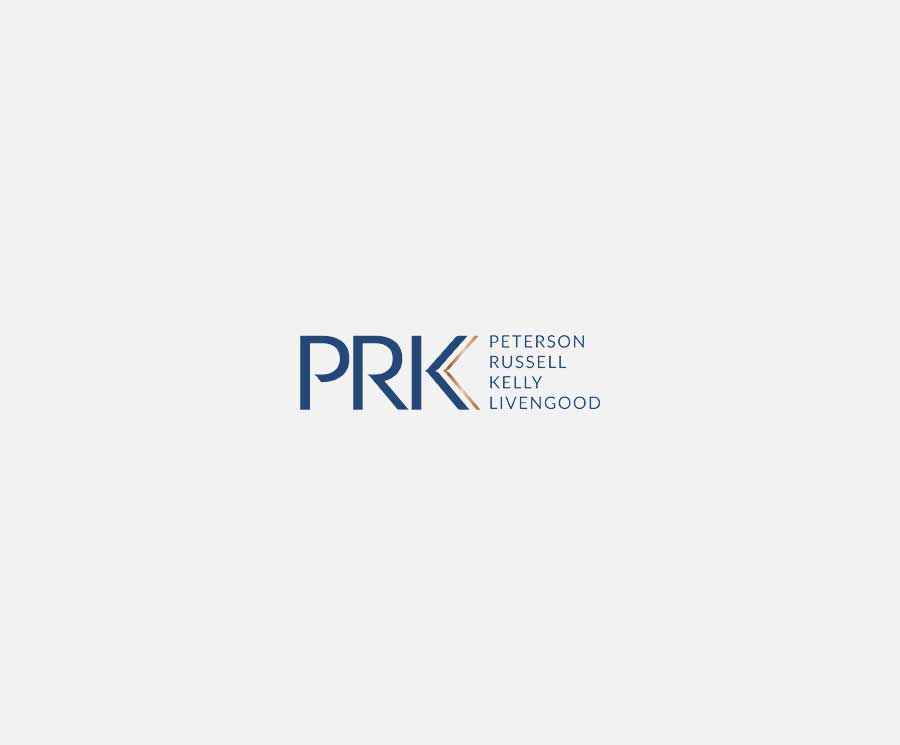News & Insights
Opinion: Is out-of-state property subject to Washington estate tax?
Originally appeared in the March 6, 2020 issue of the Puget Sound Business Journal.
Washington is one of a few states that has its own estate tax. This is in addition to the federal estate tax and it applies not only to property located in Washington – but also property outside the state.
Many Washingtonians assume that only their Washington-sited property is subject to Washington estate tax and that non-Washington-sited property escapes this tax. While only Washington state property is subject to Washington estate tax, out-of-state property can increase the state estate tax rate.
It’s important to understand the two areas that impact how Washington estate tax applies to property outside the state. The first is what types of assets are considered “sourced” or “sited” in Washington. The second is what effect non-Washington property has on the Washington taxable estate.
Determining character and legal location
Assets that have a tangible quality, such as real property or personal property, are generally sited to their physical location. Most assets are obvious as to whether they are physically located outside Washington. For example, real property, i.e., land, is observably located inside or outside the state. Other personal assets, or tangible personal property, such as cars, jewelry and artwork, are likewise observably located outside or inside the state. If real property or tangible personal property is located outside Washington, it is considered to be sited outside of Washington if owned directly or through a revocable trust.
Understanding intangible personal property is a little trickier. Intangible personal properties are unobservable assets such as bank and investment accounts, bonds, notes, entity interests and retirement plans consisting of “rights and privileges having a legal but not a physical existence.” Items of intangible personal property are deemed to be Washington-sited property with respect to Washington residents even if the underlying property is located out of state. This is because the individual owns the intangible interest rather than the underlying physical property, and the intangible interest, like a shadow, “follows” and takes up residence with the owner in his or her jurisdiction.
For example, a Washington resident may own land in Oregon a) in his or her individual capacity, b) as the grantor of a revocable trust to which the land is transferred, or c) by indirect ownership in an Oregon entity such as a partnership. In this example, the land is considered to be sited in Oregon in only the first two scenarios. By contributing the land to a partnership, the owner converted that land into an intangible asset. He or she no longer owns the land itself directly, but instead owns the partnership interest. The partnership interest, which includes the value of the Oregon land, is itself considered to be sited in Washington. The entity interest follows the individual owner, and for legal purposes the location of the property is where the owner resides.
As can be seen in this example, the ownership structure is key to the legal location of the asset. Assets that are physically located outside Washington are deemed to be sited outside Washington only if they are held directly by the individual or through a revocable trust.
Application of Washington estate tax
For Washington residents, owning assets sited outside Washington actually serves to increase their Washington estate tax rate. Here is the rub. Washington ignores the location of assets in the preliminary steps of determining the appropriate estate tax rate. It instead includes all property, including the out-of-state property, when determining the value of the Washington gross estate. Then, any applicable deductions are applied to the value of a Washington estate, which is taxed on assets greater than $2,193,000. Out-of-state assets are then deducted from the gross estate, leaving the remaining amount in the Washington taxable estate. This is the figure that sets the Washington estate tax rate. Then, by applying the estate tax rate to the value of the taxable estate, the amount of Washington estate tax due can be calculated.
Keep in mind that up to this point in calculating the Washington estate tax rate, non-Washington property is still included in all these calculations. Only after the Washington estate tax amount is calculated using the applicable rate do we begin to look at the location of the assets of the taxable estate. Specifically, the amount of estate tax due is apportioned between the Washington property and any non-Washington property on a pro-rata basis based on their relative values. Washington estate taxes are owed only on Washington property.
For example, consider Alex, a Washington resident who at death owned $2 million in Washington real property and $10 million in Arizona property. Let’s assume that no deductions other than the applicable exclusion amount of $2,193,000 are available. Once the applicable exclusion amount is deducted, Alex’s Washington taxable estate is $9,807,000, setting the estate tax at the highest rate of 20 percent, or $2,090,000. This amount is then apportioned between the Washington and Arizona property, and one-sixth, or $348,333, of the estate tax is apportioned to the Washington property. This is the amount Alex’s estate owes to the Washington Department of Revenue. If Alex owned only $2 million in Washington real property, no Washington estate tax would be owed because the exclusion amount is more than $2 million.
Due to sliding estate tax rates (from 10 percent to 20 percent), the Washington estate tax rate can be higher than anticipated for Washington residents who have non-Washington assets because all assets are considered to establish the Washington rate.
Washington residents who own real estate or tangible personal property outside Washington should be intentional in how they hold that property, as the ownership structure will determine the property’s legal location. An attorney can help assess the benefits of various forms of property ownership and how they will impact Washington estate tax liability to determine the best ownership structure to meet individual goals.
For questions relating to this article, or other estate planning questions, please contact Wendy Allard at 425-990-4016 or wallard@prklaw.com.








































